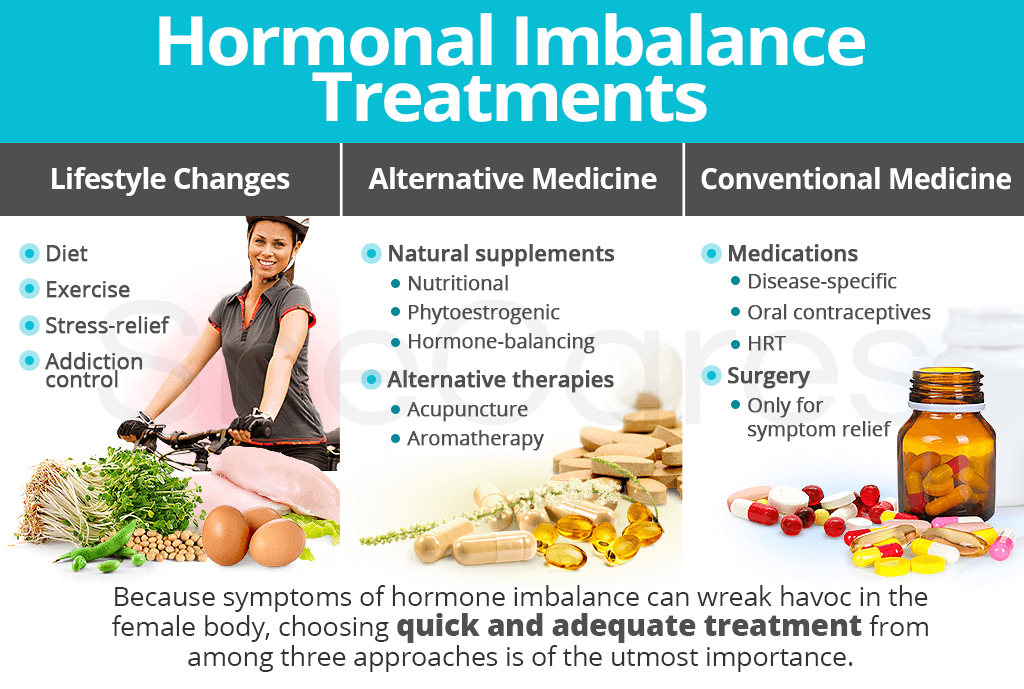
Introduction
Maintaining hormonal balance is crucial for overall health, and dietary choices play a significant role in achieving this delicate equilibrium. In this article, we’ll delve into the relationship between hormonal balance and dietary choices, exploring how the food we consume can impact various hormones in our body.
Understanding Hormonal Imbalance
Hormones act as messengers, regulating essential bodily functions. Factors like stress, poor nutrition, and lifestyle choices can lead to hormonal imbalances, affecting mood, energy levels, and overall well-being. A balanced diet is key to promoting hormonal harmony.
The Impact of Macronutrients
Carbohydrates
Carbohydrates play a role in serotonin production, influencing mood and appetite. Opt for complex carbohydrates like whole grains, fruits, and vegetables to support stable blood sugar levels and promote hormonal balance.
Proteins
Proteins are essential for hormone production and tissue repair. Include lean protein sources such as poultry, fish, tofu, and legumes in your diet to ensure an adequate supply of amino acids necessary for hormonal synthesis.
Fats
Healthy fats are crucial for hormonal health. Incorporate sources like avocados, nuts, seeds, and olive oil into your diet. These fats support the production of hormones and aid in their proper functioning.
Micronutrients and Hormonal Health
Vitamin D
Vitamin D plays a role in hormonal balance, and deficiency can contribute to imbalances. Include sources like fatty fish, fortified dairy products, and sunlight exposure to maintain optimal vitamin D levels.
Magnesium
Magnesium is involved in over 300 enzymatic reactions, including those related to hormone regulation. Incorporate magnesium-rich foods like leafy greens, nuts, and whole grains into your diet.
Zinc
Zinc is crucial for the synthesis and function of hormones. Foods like meat, dairy, nuts, and legumes are good sources of zinc, supporting overall hormonal balance.
Plant-Based Diets and Hormonal Harmony
Adopting a plant-based diet can positively influence hormonal balance. Fruits, vegetables, whole grains, and legumes provide a plethora of nutrients that support hormonal health. Plant-based diets are also associated with lower inflammation levels, contributing to overall well-being.
The Role of Hydration
Proper hydration is essential for hormonal balance. Water supports the transport of hormones throughout the body and aids in the elimination of waste products. Ensure you drink an adequate amount of water daily to support optimal hormonal function.
Minimizing Processed Foods and Sugar
Processed foods and excessive sugar intake can disrupt hormonal balance. These foods may contribute to insulin resistance and inflammation. Choose whole, unprocessed foods and limit added sugars to maintain hormonal harmony.
Physical Activity and Hormonal Regulation
Regular exercise is a powerful tool for maintaining hormonal balance. Physical activity helps regulate insulin, cortisol, and other hormones. Find activities you enjoy, whether it’s walking, cycling, or yoga, and incorporate them into your routine.
Conclusion: A Holistic Approach to Hormonal Balance
In conclusion, achieving and maintaining hormonal balance involves a holistic approach that includes mindful dietary choices, proper hydration, and regular physical activity. By understanding the interplay between hormones and nutrition, you can make informed decisions that positively impact your overall well-being.
For more insights on hormonal balance and dietary choices, explore Hormonal balance and dietary choices.
Remember to consult with healthcare professionals for personalized advice, especially if you have specific hormonal concerns. Making conscious choices in your diet and lifestyle is a proactive step toward nurturing hormonal harmony and achieving optimal health.




